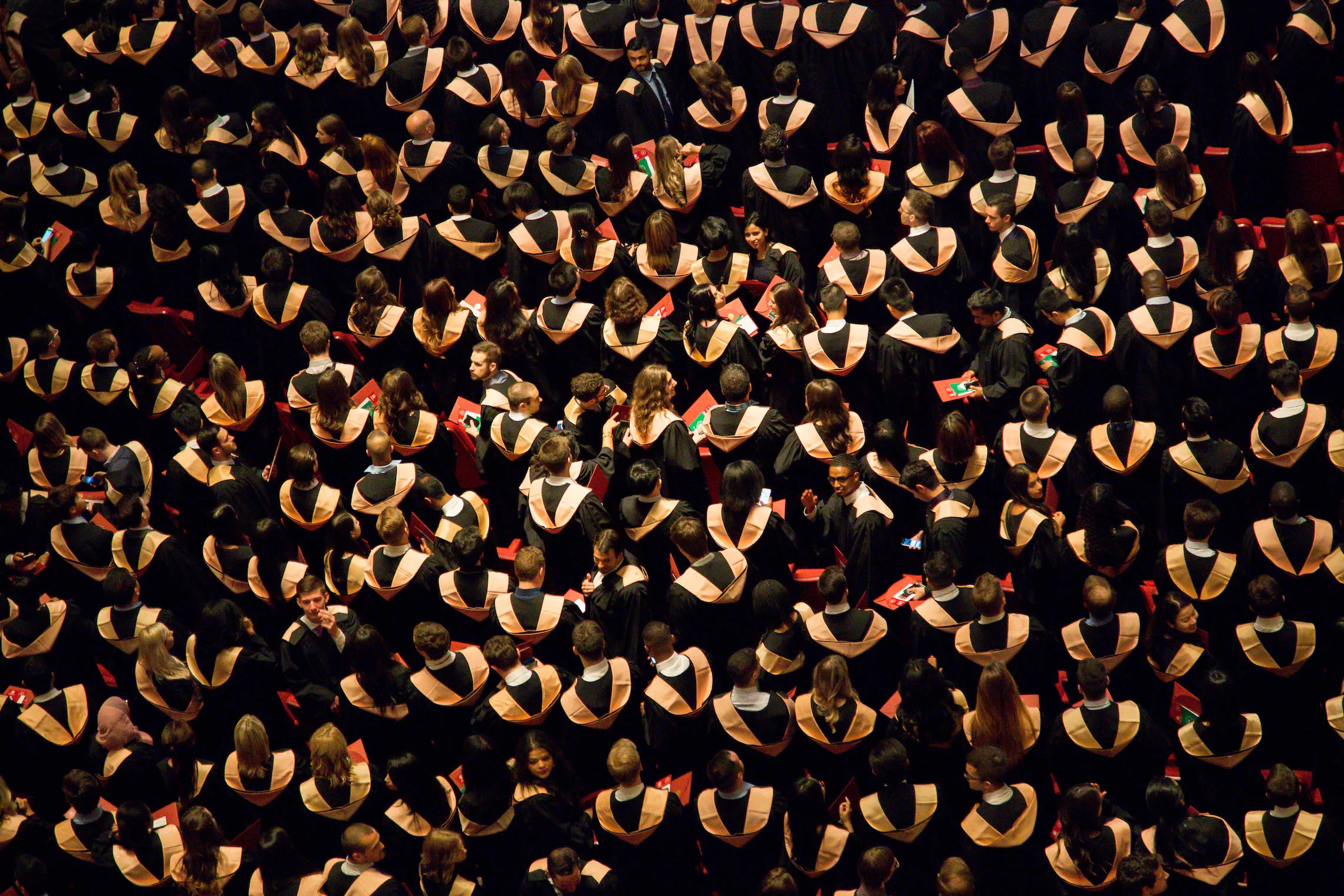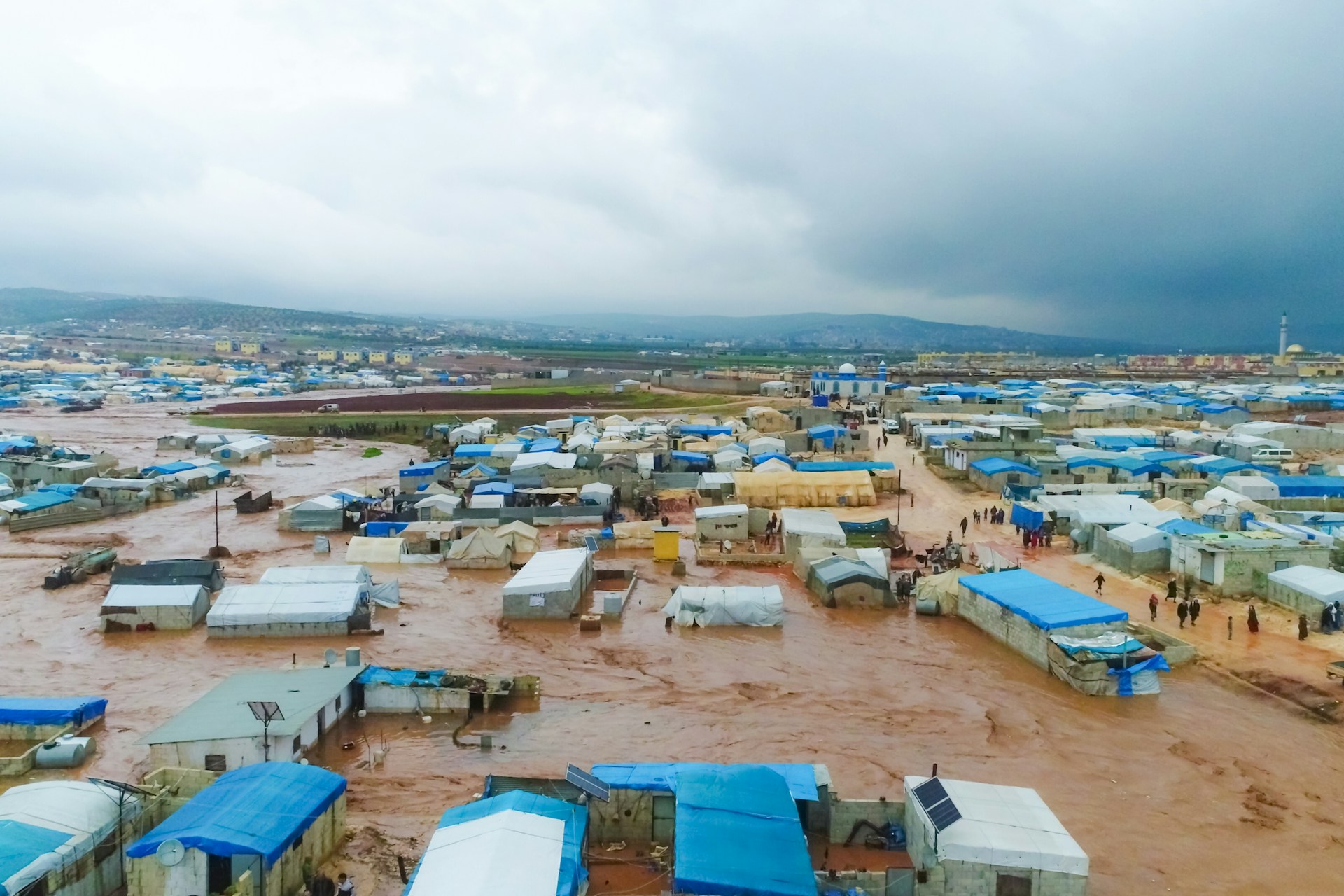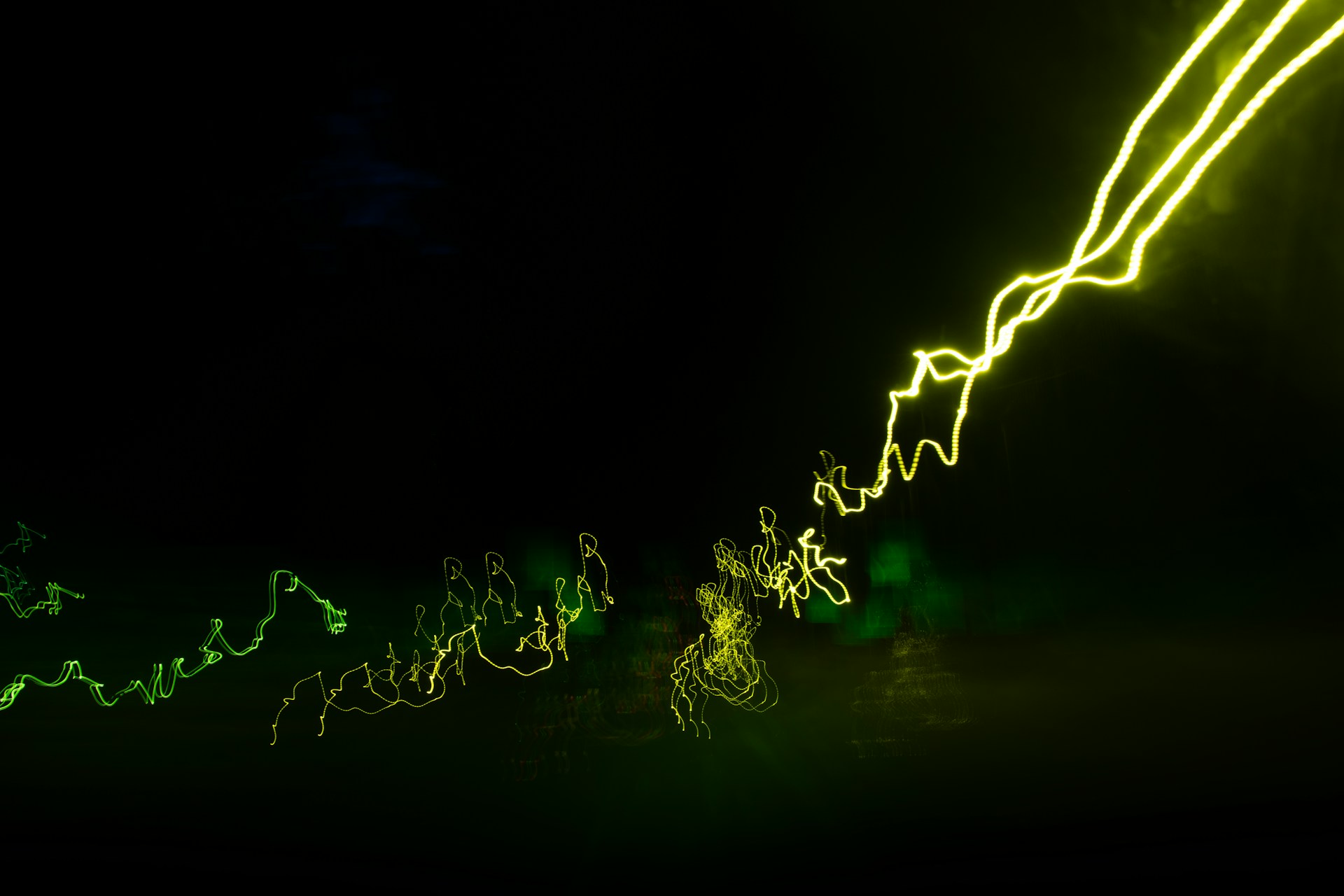Exploring the ethical and political dimensions of academic boycotts in the context of the Russia-Ukraine conflict. Image credit: Wikimedia commons, CC0.
This article represents a personal opinion and does not reflect the official stance of the organisations with which the author is associated.
In the 1960s, South Africa faced a series of academic boycotts. Today, academic institutions are ending collaborations with Russian higher education and academic institutions. While the UK, alongside the European Union, has imposed a package of economic and free movement sanctions, should academic institutions be exempted from these restrictions? Can academic boycotts bring much-needed change, or should scientists stay away from politics?
Academic boycotts are not a new instrument within world politics. In the 1960s, boycotts of South African academia divided the academic community, both within and outside the country, into those supporting the measures as a condemnation of the policy of apartheid, and those criticising them. Reasons for criticism included the calls for science to be free and apolitical, as well as claims about the ineffectiveness of the boycott actions against its target audience. Similar division in opinions also surrounds the academic boycotts of Israeli academia that launched in April 2004, as a reaction to the country’s violent policies against Palestinians. Finally, the same arguments apply to the boycotts of Russian academics and institutions, since Russia began the full-scale war against Ukraine in February 2022. I see two separate questions arising that I aim to address in this article: are boycotts effective as a method of protest in the academic world, and can academia remain at all apolitical?
Are boycotts effective as a method of protest in the academic world, and can academia remain at all apolitical?
I will firstly answer the second question: ideally, academics remaining detached from political debates and spheres of interest would, at the very least, make things simpler. However, to assert that scientists can be entirely apolitical would be overly naïve and unrealistic. The influence of politics on academia is evident, starting from the structure of funding, where research grants often originate from governments, to the utilisation of scientific research for governmental purposes. Academia does not operate in a vacuum, avoiding social and political forces; scientists are affiliated with institutions, social groups, businesses, political interests, and even countries, forming a complex web of intersecting identities.
Despite legitimate criticisms of his work, I align with the perspective of the French philosopher Michel Foucault, who argued that politics cannot be viewed in isolation from other aspects of life, including its relationship with academia and individuals. The idea of academics and educated individuals playing a leading role in societies is not a new one either, with its historical roots tracing back to figures such as Plato and Enlightenment philosophers.
In conclusion, although we may occasionally question our ability to effect change, it is essential to remember that research is fundamentally designed to bring about advancements in our respective fields. This inherently involves matters of funding, sponsorship, and their associated political implications. Therefore, the response from the academic community, including actions such as boycotting Russian scientists and academic institutions, should not be viewed as unexpected in light of Russia’s invasion of Ukraine.
Why boycott Russian academia
Russian academic institutions, like Moscow State University, have historically maintained strong connections with the Russian government. According to the institution’s website, it actively fosters “internationalisation” within the framework of more than 700 agreements on scientific and educational cooperation. A year and a half into the full-scale invasion of Ukraine, Vladimir Putin held meetings with Russian academics and students from MSU to endorse the development of ‘the scientific and technological sovereignty of the country’. Speaking more broadly, Russia’s influence in academia has remained robust through these shared research programs, scholarships, dual-degree initiatives, and conferences.
Simultaneously, Russia has been expanding its military capabilities for potential invasions of other countries, as exemplified by its actions in Georgia in 2008 and Ukraine in 2014. It goes without saying that the country’s defence industry has extensively leveraged the advancements stemming from scientific research. In the communications sphere, Moscow State University and its Journalism Faculty used to be members of the European Communication Research and Education Association (ECREA), one of the largest and most influential research entities in communications. The Current Dean of the Faculty, Elena Vartanova, is stated as a Former Member of the Advisory Board of the institution. In September 2022, she later referred to an MSU Journalism student’s demonstration with the pro-Russian “Z” symbol and the pro-Russian flag of the Luhansk People’s Republic, a puppet pseudo-republic backed by the Russian army, as a ‘patriotic position’. As reported by Russian media, students who opposed the demonstration were expelled from the university by Vartanova’s decision. Members of the Faculty sought to renew their ECREA membership by presenting the same arguments centred around the principles of research freedom.
In this light, it is logically inconsistent to allocate funds in support of Ukraine, while simultaneously engaging in projects that could potentially strengthen the Russian military complex and endorsing individuals who advocate for Russian actions against Ukraine. Also, talking about the moral side of the issue, hosting Ukrainian scientists whose institutions have been affected by the Russian army, alongside Russian scientists representing their country at conferences, carries a sense of hypocrisy.
Should the boycott be cancelled?
Another argument raised in favour of cancelling the boycott centres on criticism of its ineffectiveness, with proponents proposing that it be implemented as a partial measure. Those opposing the boycott point to Russian academics who have expressed their opposition to Russia’s war but are still experiencing the fallout from the boycott. Another aspect of criticism addresses the observation that sanctions primarily impact “small” researchers, while “big” names closely associated with Putin continue to thrive. While this argument is logically grounded, implementing a partial boycott with exceptions for certain individuals may also have its drawbacks.
An example in favour of the boycott could be the recently discussed case of the son of a Russian kamikaze drone developer working in the United Nations Institute for Disarmament Research. The father, engineer Alexander Zakharov, sometimes nicknamed ‘the new Kalashnikov’, develops and manufactures kamikaze drones. Therefore, the open question is whether we have enough mechanisms at stake to prevent such conflict of interest or even technological espionage in case of individual scholars working for big research institutions.
An example in favour of the boycott could be the recently discussed case of the son of a Russian kamikaze drone developer working in the United Nations Institute for Disarmament Research.
The decolonisation debate adds another layer to the discussion. Firstly, it is crucial to remember that the isolation and boycott are responses to Russia’s unlawful aggression against Ukraine. The origins of the full-scale war trace back to Russia’s imperialist policies, which were in motion long before 2014 and continued into 2022. One feature of this imperialistic policy was the appropriation of and control over scientific advancements from countries that were subjugated by the Soviet Union, like Ukraine. From my private conversations with researchers from Belarus, Poland, Ukraine, Hungary, Czechia it seems like the whole of Eastern Europe even now, in Western academia, is often perceived as linked to Russia or even as its part.
Secondly, as part of its dominance, Russian academia has shown little interest in granting independence or opportunities for development to academic institutions in other Soviet Republics, especially on a global scale. In anthropology, my field of study, it was effectively suppressed in Ukraine during the 1930s, with most specialists of that time facing repression by the Soviets. It wasn’t until the 1950s that the first anthropological research institutions began to emerge in Ukraine, mainly in a form of ethnographic work. Therefore, some research was being conducted, but, from my experience, hardly anyone outside the country knows about it, while anthropologists from St. Petersburg continue to have a presence internationally.
As part of its dominance, Russian academia has shown little interest in […] development of academic institutions in other Soviet Republics. In anthropology, my field of study, it was effectively suppressed in Ukraine during the 1930s, with most specialists of that time facing repression by the Soviets.
Furthermore, many artefacts of Ukrainian material culture have been stolen, including since the invasion began, and falsely attributed to Russian museums. This appropriation has had a notable impact on the field of anthropology, particularly in terms of global representation. Also, some artefacts present in places like Pitt Rivers Museum, Oxford, are still framed as Russian which poses a major challenge for research. Hence, rather than cancelled, boycotts should be the first step to a fundamental transformation of the perception of the real role of Russian and Ukrainian academia by the West and the result Russian imperialistic policy has had.
Loss for academia?
Another significant argument pertains to the academic losses resulting from boycotts. For Ukrainian researchers, the start of their day may be as early as 4 am, following a night of potential Russian drone attacks. If they are fortunate, their homes remain undamaged, enabling them to go to work after a night of insufficient sleep. In May 2023, such incidents occurred almost nightly, translating to an entire month of averaging only 3-5 hours of sleep per night, all while worrying about the safety of their loved ones potentially serving on the frontlines. The question arises of how much more academia could achieve if these individuals had the opportunity for a full 8 hours of rest each night and the peace of mind to concentrate on their work?
For Ukrainian researchers, the start of their day may be as early as 4 am, following a night of potential Russian drone attacks. If they are fortunate, their homes remain undamaged.
When the full-scale invasion began, my family was in a village not far from Kyiv. The area was occupied, resulting in us and our neighbours hiding in basements, with no electricity or connection, with nightly temperatures around 0°C. One of our neighbours was working in the area of pharmacological research at the time, monitoring the situation of vaccinations in South Africa. Instead of doing his job, he had to hide with his parents and two kids, under the age of 6, from Russian tanks. Additionally, for male researchers, leaving Ukraine isn’t permitted, and they may be conscripted to join the frontlines. Ukrainian research facilities often become targets for attacks, such as the seed bank in Kharkiv in May 2022. How much is academia and humankind losing due to this?
Also, is this argument not somewhat manipulative, considering we’re dealing with more than just numbers or functions? Lives, careers, and research progress are at stake. Both countries’ academia is undeniably suffering, with neither benefiting from it. But it would be more accurate to assert that both countries’ academia faces challenges: Ukrainian academia grapples with the consequences of the Russian war and the historical influence on its institutions, while Russian academia encounters difficulties because it represents an invading nation that has weaponised academia for its political and operational objectives in support of its imperial ambitions. Addressing the first part is simpler, but the second continually confronts the argument regarding individual Russian academics who ‘aren’t the ones holding weapons’. They don’t need to—their mere presence in the global arena promotes Russian policies through soft power, and their students in Russian universities could then use it for military purposes. In my view, instead of debating the freedom and independence of academia, it could be advantageous to explore ways in which academia, especially Russian academia, can have an impact on the current state of affairs.
Ukrainian research facilities often become targets for attacks, such as the seed bank in Kharkiv in May 2022. How much is academia and humankind losing due to this?
To conclude, boycotts have many downsides. However, wars, conflicts, and violations of laws will continue to occur, and in such cases, the perpetrators should be aware of the consequences. Academia is not, and probably cannot be, completely divorced from politics. Therefore, perhaps it is high time to stop behaving like a confused child expressing “deep disturbance” and instead develop effective mechanisms to respond to such situations. Furthermore, it is equally important to strengthen and implement these mechanisms without undermining them due to minor discomfort. Clear rules for every actor and expected consequences for disobedience, such as boycotts, are what make academia free and democratic, not attempts to create an illusion of peace and make favours and exceptions once it becomes inconvenient.





